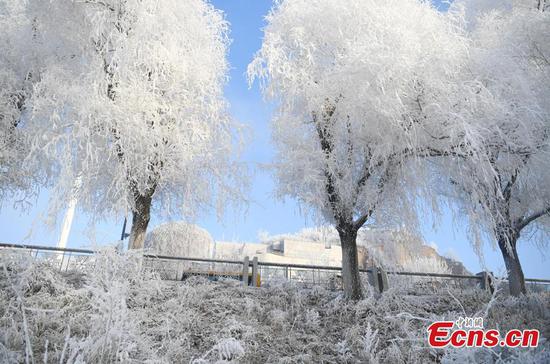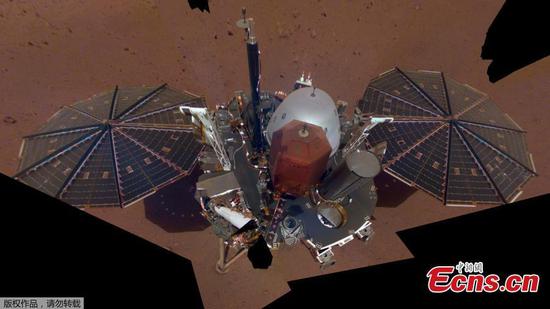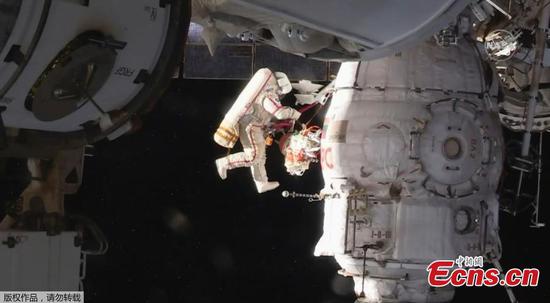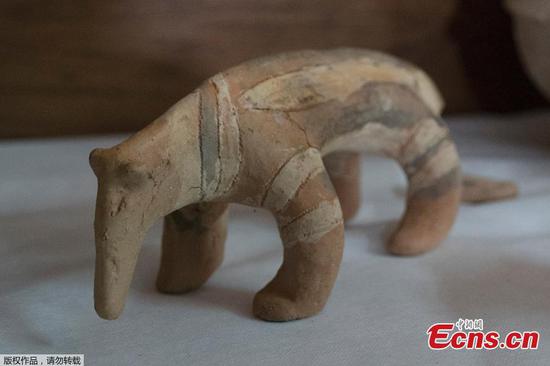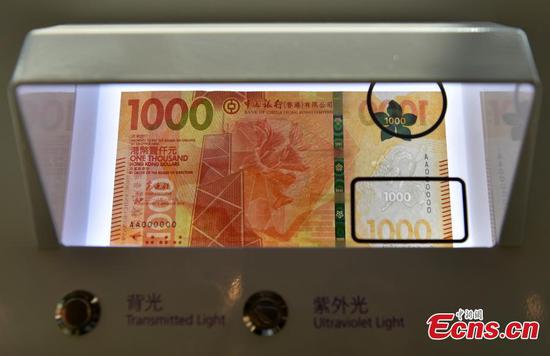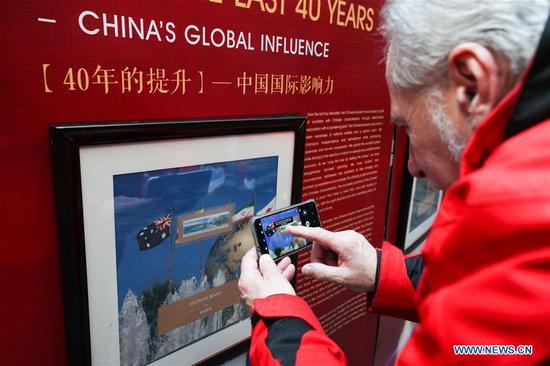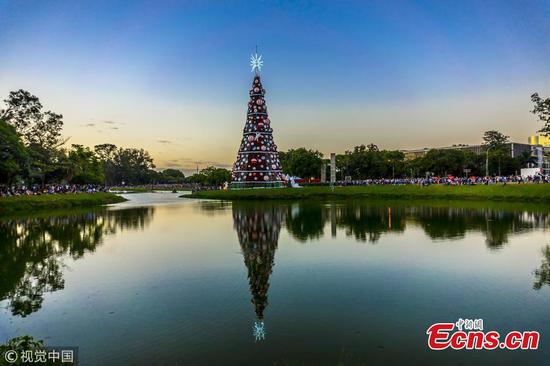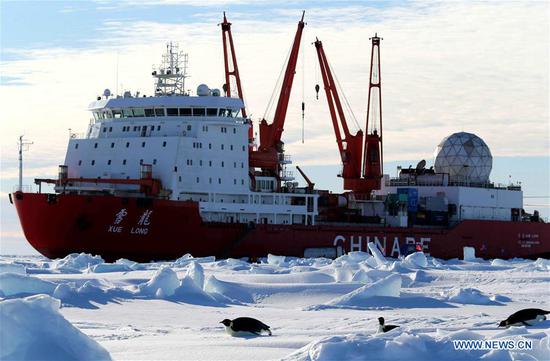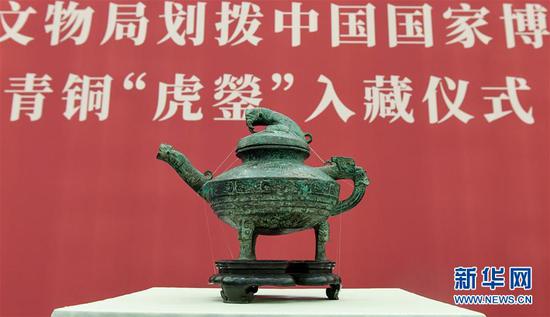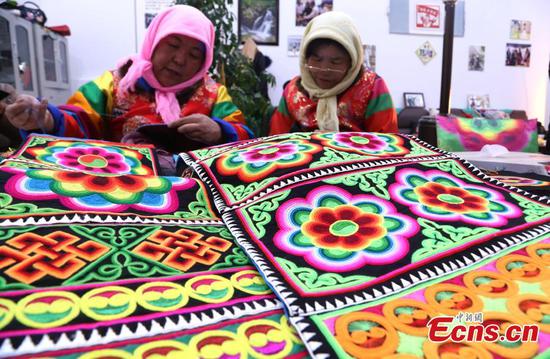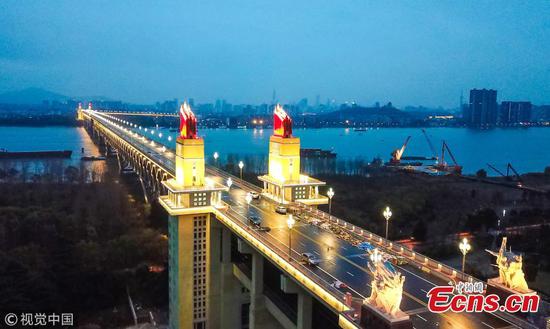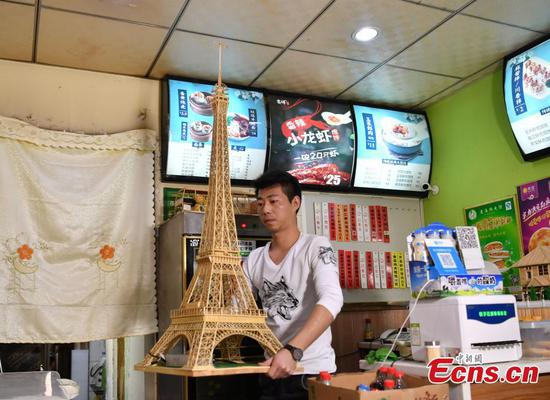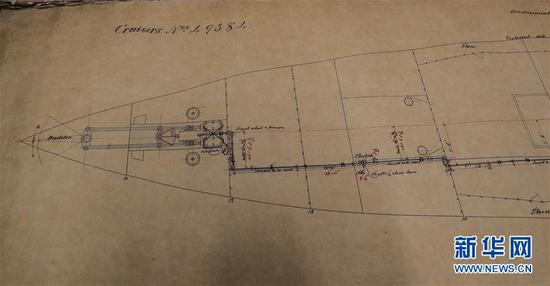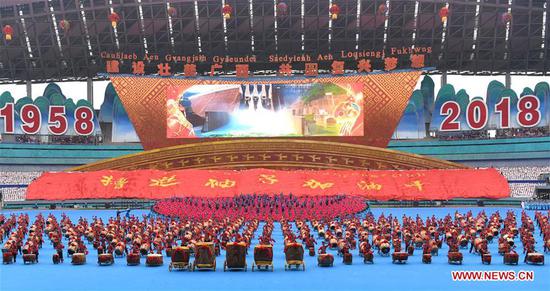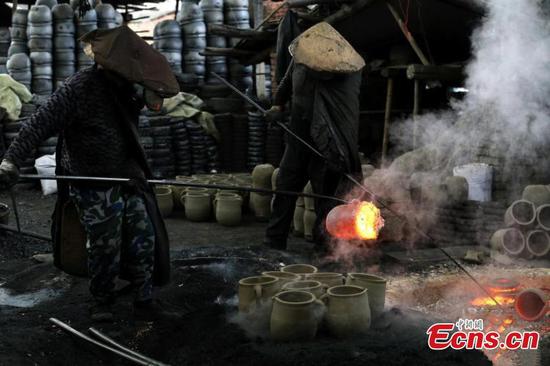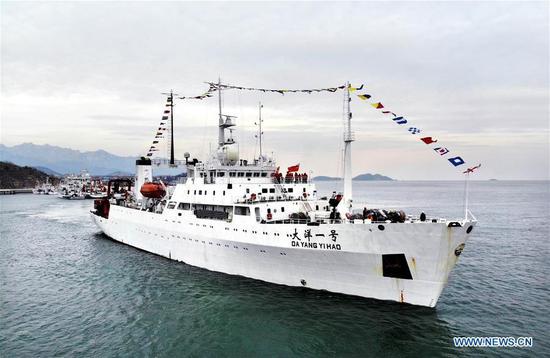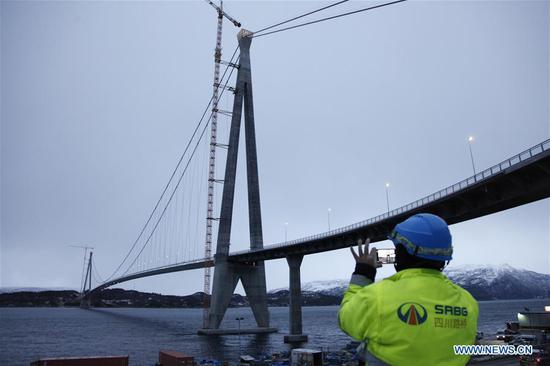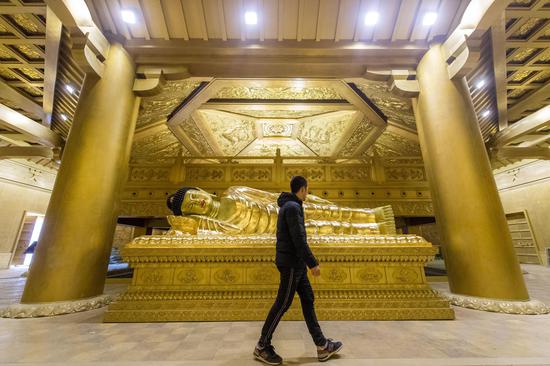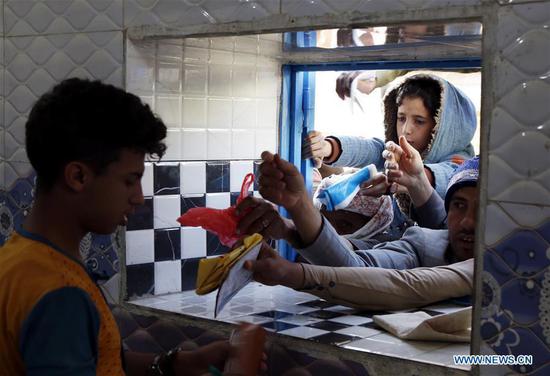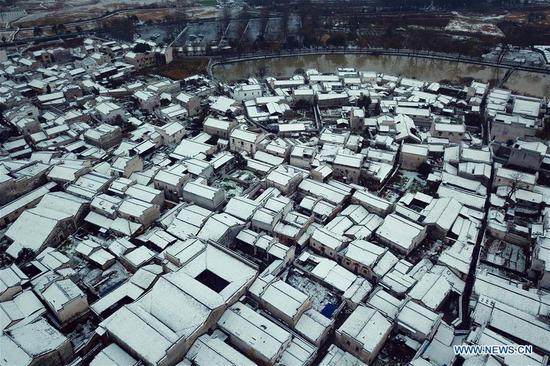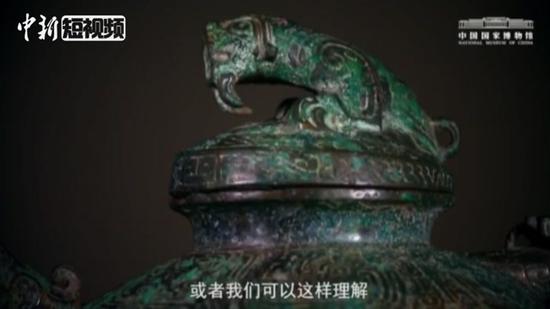An International Monetary Fund (IMF) Staff Mission has commended the Hong Kong Special Administrative Region (SAR) in its latest assessment, noting that many years of prudent macro-economic policies have endowed the SAR with strong buffers to navigate through challenges and ensure continued stability amid increasing risks confronting global growth.
The assessment was made in the concluding statement of the IMF mission published on Wednesday following the 2018 Article IV Consultation with the Hong Kong SAR, according to the SAR government press release.
The statement said that Hong Kong's economy has benefitted from a strong cyclical upswing and the growth momentum continued through the first half of 2018 as a result of the global recovery, continued solid growth of the Chinese mainland, and increased consumer confidence.
The IMF statement believed that Hong Kong's real gross regional product growth is projected to remain robust in 2018, although risks have shifted to the downside for Hong Kong's economy due to escalation in trade tensions, sharper-than-expected tightening of global financial conditions, sharp slowdown in the property market, among others.
The mission assessed that many years of prudent macro-economic policies and robust financial regulation and supervision will help Hong Kong weather possible internal and external shocks. The strong buffers Hong Kong enjoys include large foreign exchange reserves, a current account surplus, one of the world's largest net international investment positions, large fiscal reserves, and a well-capitalized banking system with high asset quality.
Paul Chan, financial secretary of the Hong Kong SAR government, said he welcomed the IMF's reassuring forecast for Hong Kong and reaffirmation of its strong buffers and robust policy frameworks.
"While we are well placed to navigate the challenges ahead, the government will stay vigilant in monitoring risks, and spare no efforts in boosting economic vibrancy and promoting economic growth," said Chan.
To support long-term growth, the Hong Kong SAR government is working to increase labor force participation and further enhance Hong Kong's competitiveness, including capitalizing on the development of the Guangdong-Hong Kong-Macao Greater Bay Area and rapid advancement in the field of innovation and technology, Chan added.
The IMF's statement also reaffirmed its support for Hong Kong's Linked Exchange Rate System (LERS) between Hong Kong dollars and the U.S. dollars, acknowledging that it remains the appropriate exchange rate arrangement for Hong Kong and has served as an anchor of stability and helped to ensure sustained growth, competitiveness, and the smooth functioning of the extensive financial services industry.
Norman Chan, chief executive of the Hong Kong Monetary Authority (HKMA), said he welcomed the IMF's reaffirmation that the LERS remains the appropriate arrangement for Hong Kong.
The HKMA top official said amid episodes of outflow from the Hong Kong dollar earlier this year, the LERS has operated smoothly and in accordance with its design, which reflects confidence in the LERS, a regime that is clear, transparent and proven to work well for Hong Kong.
"The HKMA will remain vigilant to the risks to banking stability amid growing volatility in global financial markets."
The IMF's statement noted that Hong Kong has been considered one of the most competitive economies in the world for many years, and is rightly taking steps to maintain competitiveness, and the development of the Greater Bay Area creates opportunities for Hong Kong over the medium term, given Hong Kong's unique position as the gateway to the Chinese mainland and as a global financial center with renowned professional services.
The IMF's Staff Mission visited Hong Kong from October 29 to November 9 for the 2018 Article IV Consultation with the Hong Kong SAR. It held discussions with government officials, regulators and private sector representatives during its visit.









